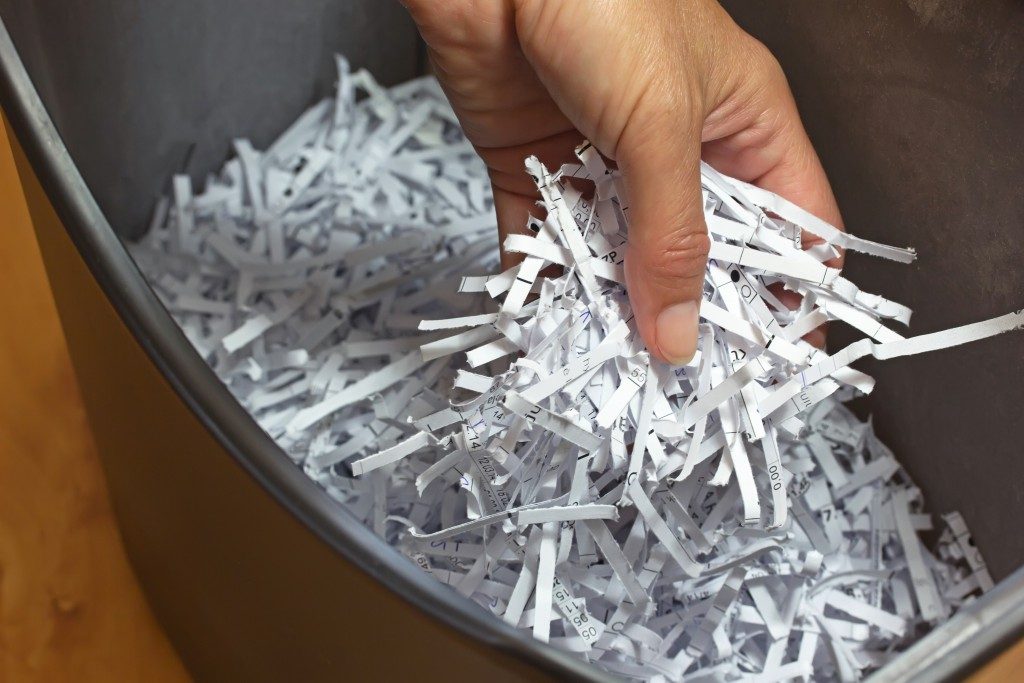If you want to protect your firm’s sensitive information and reduce the chances of identity theft, you ought to consider document shredding. Despite having been used for several decades, several myths surround paper shredding. Organisations that do not understand the benefits of shredding increase their vulnerability to breaches. Never trust these paper-shredding myths:
The chances of someone going through the trash bin are slim
Many organisations believe this to be true because the issue has not affected them yet. The reality is that once the documents are in the trash bin, they are open to the public, meaning that paper-shredding services are vital. You might be surprised that some people go through the company’s trash regularly without your knowledge. There is no assurance that these people will not use the information against you.
My firm is too small for a shredding service
 The size of your company does not dictate whether you should source the services or not. Statistics have shown that an average employee of any firm uses about 10,000 sheets of paper in a year. Even companies that have a paperless policy are never 100% paper-free. Most of these papers contain crucial company data that can be used to defame your firm.
The size of your company does not dictate whether you should source the services or not. Statistics have shown that an average employee of any firm uses about 10,000 sheets of paper in a year. Even companies that have a paperless policy are never 100% paper-free. Most of these papers contain crucial company data that can be used to defame your firm.
My employees use the office shredder
Employees have daily tasks, most of which they find more important than shredding. Also, shredders produce a lot of noise, which usually acts as a distraction. Therefore, they are likely to postpone the shredding tasks or fail to do them entirely.
If we shred, we lose information
Some firms feel that destroying their documents will lead to a loss of data. Although some materials are crucial, they should be in a safe place, and the rest should be shredded. You can also save them in a cloud and secure them with a password.
The issue of business documents is usually a sensitive matter. Some companies do not know how to handle the problem, while others make poor decisions. Shredding your documents is vital in keeping your information safe. Thus, do not trust these myths.

